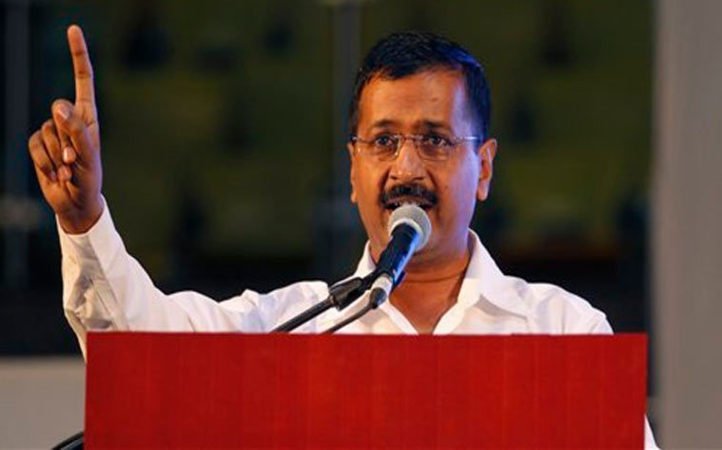Power tariff in the capital was hiked by up to six per cent by the Delhi Electricity Regulatory Commission (DERC) on Friday, June 12. The decision faced strong opposition by the Aam Admi Party (AAP) government which is exploring legal recourse against it. The hike will be effective from Monday.

Delhi Electricity Regulatory Commission (DERC) chairman P D Sudhakar said the regulator acted as per directive of the Appellate Tribunal for Electricity (APTEL) which had asked it to restore Power Purchase Adjustment Cost (PPAC) surcharge to compensate the private electricity distribution companies for rise in power purchase cost. The surcharge will be to the tune of six per cent for consumers of BSES Yamuna Power Ltd and Rajdhani Power Ltd, while it will be four per cent for those getting power supply from Tata Power Delhi Distribution Ltd. Consumers in the New Delhi Municipal Corporation areas will have to pay five per cent surcharge.
AAP said it will ask the regulator to review the decision and that it should wait for the report of the Comptroller and Auditor General (C&AG;) on financial position of the discoms before effecting the hike. The government termed the decision as ‘uncalled for’, since no financial burden should be passed on to consumers till all issues arising out of the functioning of power distribution companies are sorted out. “There are a lot of questions about the functioning of these private power distribution companies in Delhi, and the government is committed to get to the root of this problem,” Delhi power minister Satyendra Jain said.
The AAP government in its first stint had ordered a CAG audit of the discoms and officials indicated that the auditor has already completed the exercise. In an order on May 25, APTEL had asked the DERC to pass on Power Purchase Adjustment Cost (PPAC) to the private power distribution companies within three weeks.

DERC had withdrawn the PPAC in July. PPAC is a surcharge given to the discoms to compensate variations in the market-driven fuel costs like additional costs on account of increase in coal and gas prices. The hike will be on energy charges as well as fixed charges but will not be applicable on the additional eight per cent surcharge which was levied to help discoms clear the past dues.
The city has seen a series of hike in power tariff in the past two years. The tariff was hiked by 22 per cent in 2011 followed by five per cent hike in February 2012. The tariff was increased by up to two per cent in May 2012 year and again by 26 per cent for domestic consumers in July 2012. It was hiked by up to three per cent in February 2013 and again by five per cent in August 2013. It was hiked by upto 7 per cent in November last year.The cost of buying power has increased primarily on account of an increase in the input prices of raw material like coal and gas, officials said.

















